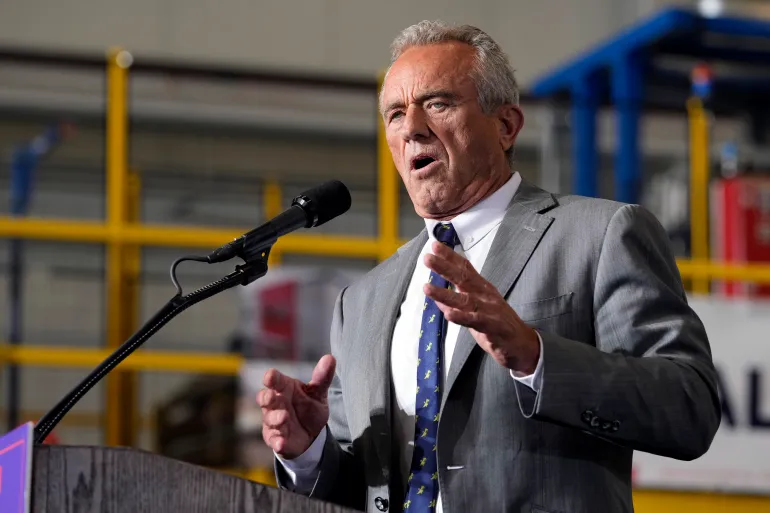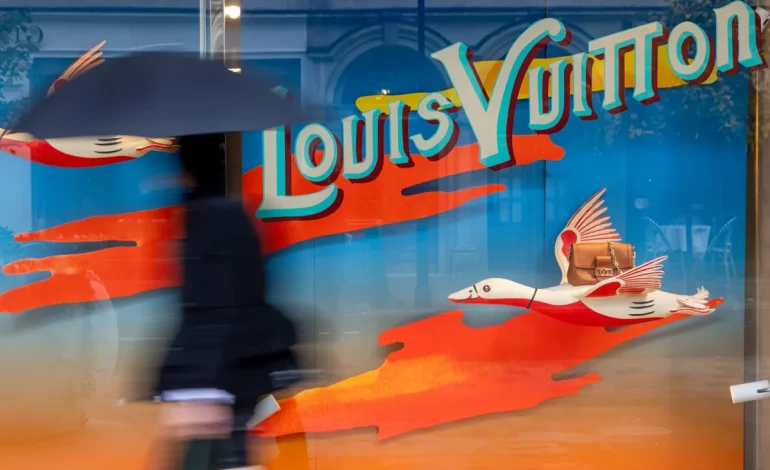LVMH, the owner of iconic brands like Louis Vuitton and Christian Dior, experienced a sharp decline in its shares after reporting a significant drop in sales, driven by a slowdown in luxury spending in China.
The company’s fashion and leather goods division, its largest and most profitable unit, saw a 5% decrease in organic revenue during the third quarter of 2023, the worst performance since the global lockdowns in 2020. This unexpected slump has raised concerns about the broader luxury sector, which is heavily reliant on Chinese consumers.
The company’s shares dropped as much as 7.5% in early trading in Paris, bringing the total year-to-date decline to 21%. The drop wiped approximately $33 billion off the market value of key European luxury stocks, including LVMH, Hermès, Richemont, and Kering.
LVMH’s Chief Financial Officer, Jean-Jacques Guiony, noted that consumer confidence in China remains at an all-time low, similar to levels seen during the height of the pandemic. Despite recent efforts by the Chinese government to stimulate the economy, these measures have yet to boost consumer spending in the luxury sector. Citigroup analysts also observed a lack of improvement in luxury consumption during China’s Golden Week holiday.
The slowdown in China, which has been a significant driver of luxury sales over the past two decades, is causing concern across the industry. Chinese consumers, who now account for about a third of global luxury spending, are pulling back amid economic uncertainties, including a weak property market and an uncertain employment outlook. The downturn has already impacted other luxury brands, with LVMH’s sales drop seen as a bellwether for the wider sector.
In addition to China, LVMH is facing challenges in the US, its second-largest market, where sales growth has stalled. The company provided vague guidance for the future, leaving investors unsure about the duration of the slowdown.
The luxury sector’s reliance on Chinese and US consumers, who together generate around 70% of global luxury spending, makes the current slowdown a significant concern. Moreover, rising prices for luxury goods, driven by inflation and higher interest rates, have made it difficult for middle-income consumers to justify discretionary spending on high-end products. The average luxury item is now 60% more expensive than in 2019, according to HSBC.
With input from Bloomberg and the Wall Street Journal.









